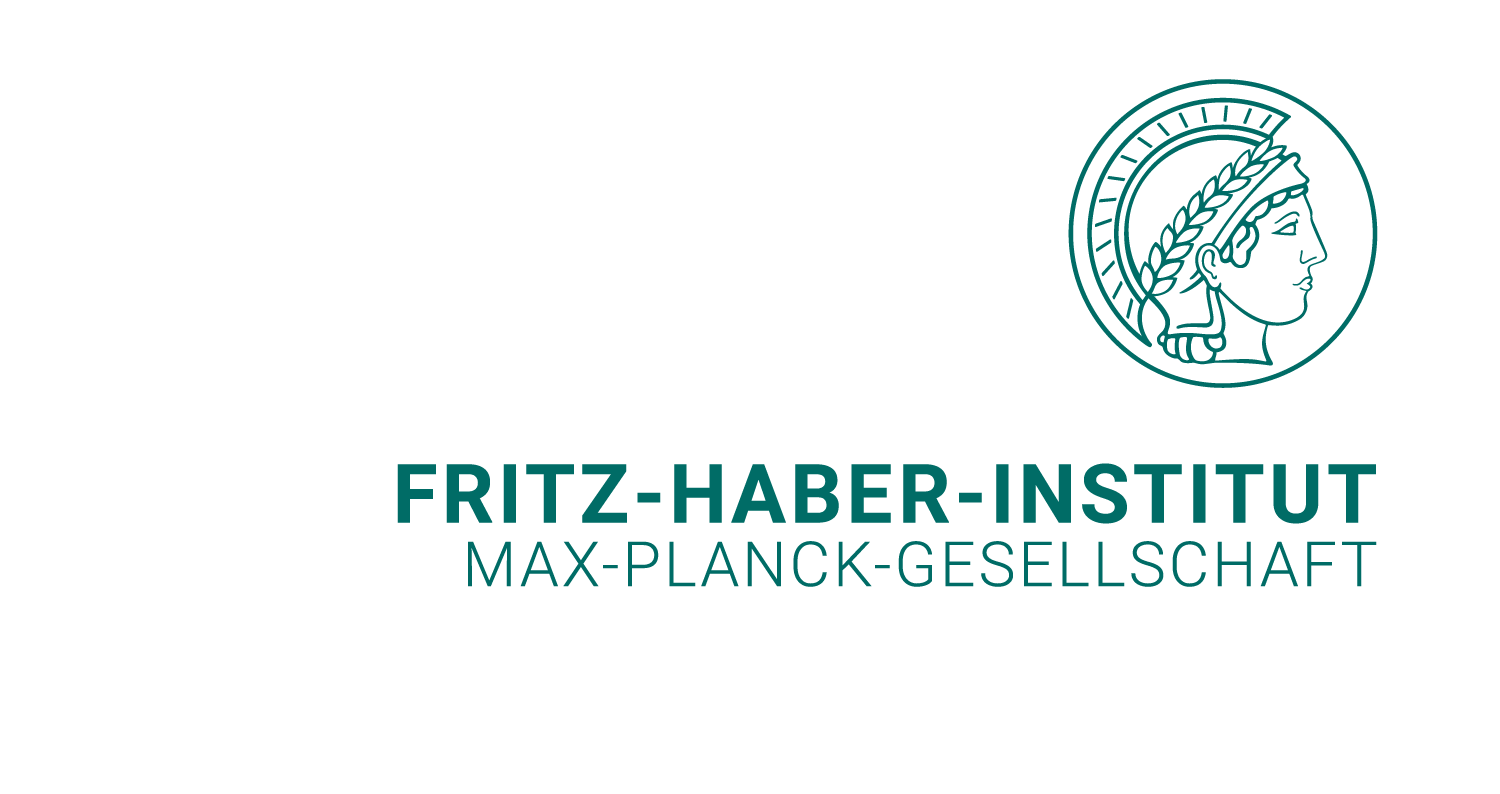Ab initio and Artificial Intelligence methods for heterogeneous catalysis
Lucas Foppa
Open Positions
Materials genes and descriptors for novel catalysts for a cleaner and sustainable future
Heterogeneous catalysis can play a pivotal role in the transition to a circular economy, as it enables the production of fossil-free fuels and feedstocks from intermittent renewable energy sources and the conversion of greenhouse gases to useful chemicals. However, more efficient and earth-abundant catalyst materials are required for the development and widespread deployment of key technologies such as the water splitting and CO2 hydrogenation processes. The design of new materials is challenged by the intricate interplay of multi-scale underlying phenomena that governs the performance, such as the surface chemical reactions, the dynamic restructuring of the material under reaction conditions, and the transport of reactants and products. Modeling the full catalytic progression via first-principles methods is impractical, if not impossible. Besides, only very few materials, out of a practically infinite number of possible compounds, present the desired behavior.
In our group, we develop artificial-intelligence (AI) approaches to identify key descriptive parameters correlated with complex materials properties and functions (e.g., catalysis) and reflecting the underlying phenomena that trigger, favor or hinder the materials' behavior. In analogy to genes in biology, these parameters were called “materials genes”, since they describe the materials performance similarly as genes relate, for instance, to health issues, i.e., they capture complex relationships but they do not provide the full understanding of the underlying mechanisms. Our AI strategy blends high-quality ab initio and experimental data, enabled by a collaborative network within academia and industry, in order to accelerate the design of new materials, while providing insights on the most relevant underlying phenomena.
We welcome applications of PhDs and postdocs interested in the advancement of the subgroup discovery and symbolic-regression AI methodologies, active-learning workflows, and applications of advanced ab initio calculations, e.g., nonlocal density functional theory and coupled-cluster theory for solids, to heterogeneous catalysis. For further information, please visit our group webpage or please contact foppa@fhi-berlin.mpg.de.
Here you can find the general job offer.

